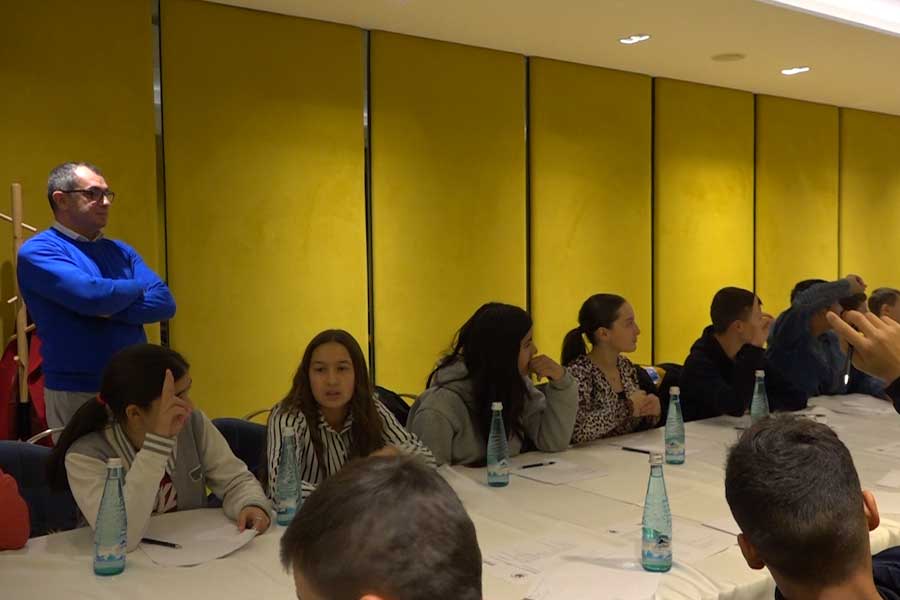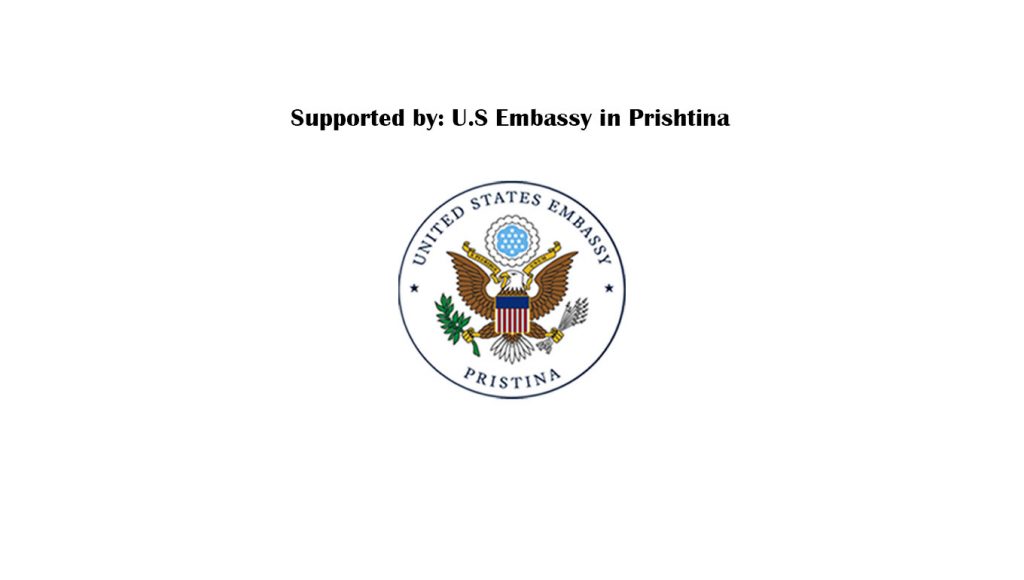
Some parents of students from non-majority communities in Plemetin of Obiliq have not sent their children to school for several days, because they fell prey to a fake news from the Serbian media, allegedly that some people with a minibus in this area are kidnaping children.
In addition, people from minority communities indicate that they have often come across fake news when exploring the media and social networks.
That the touch of a "button" by the president of Russia, Vladimir Putin, will start the Third World War and that the "3-euro" coin will circulate in the market, are some of the information that have caused confusion as to whether such a thing can really happen.
The head of the "Pandeli Sotiri" school in Plemetin of Obiliq, Lavdina Hashani-Tërbunja, said that due to the circulation of fake news, some students did not attend classes because they were scared of being kidnapped.
In this regard, Hashani-Tërbunja considered that holding such trainings, where students from the communities are informed about what to believe from what they read in the media and social networks, is very necessary.
"This training by KosovaPress is very necessary for the communities in the divided parallel in Plemetin, because some of the children have looked on YouTube, Instagram, and Facebook and have realized that many things that are posted on Instagram are fake. This training enables children to be as clear as possible, that not everything posted on Instagram is true. There is a lie in Plemetin, whose parents think that some minibuses have come out to steal their children. However, it is a lie, because they happened in Serbia, not in Kosovo. So, all the parents deal with these things, they say we will not bring our children to school, because there are cases where the children have been 'kidnapped'. No case of anyone being kidnapped by people with a minibus. They have read them on social networks, they are all lies on social networks", said Hashani-Tërbunja.
Also, the students of the non-majority community admit that they have fallen prey to fake news.
In addition, he mentioned a fake news that circulated in recent days, where it was said that due to a physical fight between Blero and Gani, the live broadcast of Big Brother was stopped.
But, Kovaçi said that the training held today has helped him to have a critical opinion about what he reads in the media and social networks.
Albin Krasniqi, another student from the same community, said that he believed a news, that "with Putin touching a button, the Third World War will start".
Another case when he had believed a fake news, was that the "3 euro" coin would be introduced to the market.
Esmere Berisha, another student from the Ashkali community, says that there are news stories in the media where the title does not match the text. She shows an example where she clicked on a title that talked about body parts, but when the text was opened, a news item with political content appeared.
Berisha expressed her desire to become a journalist in the future, with the aim of making the audience aware of how not to fall prey to fake and "deep fake" news.
The Professor of Computer Science, Fuad Hashani, emphasized the importance of this training, until he emphasized that it was necessary for students of the minority community to be informed about fake news, since according to him, their financial conditions prevent them from using smart devices.
He mentioned a case when he himself came across an article that confused him, as it was about a well-known actor who had suffered an accident, but who in fact was not famous.
The project "Media education against disinformation for non-majority communities in Kosovo" is supported by the United States Embassy in Prishtina. /Z. Zeneli/


